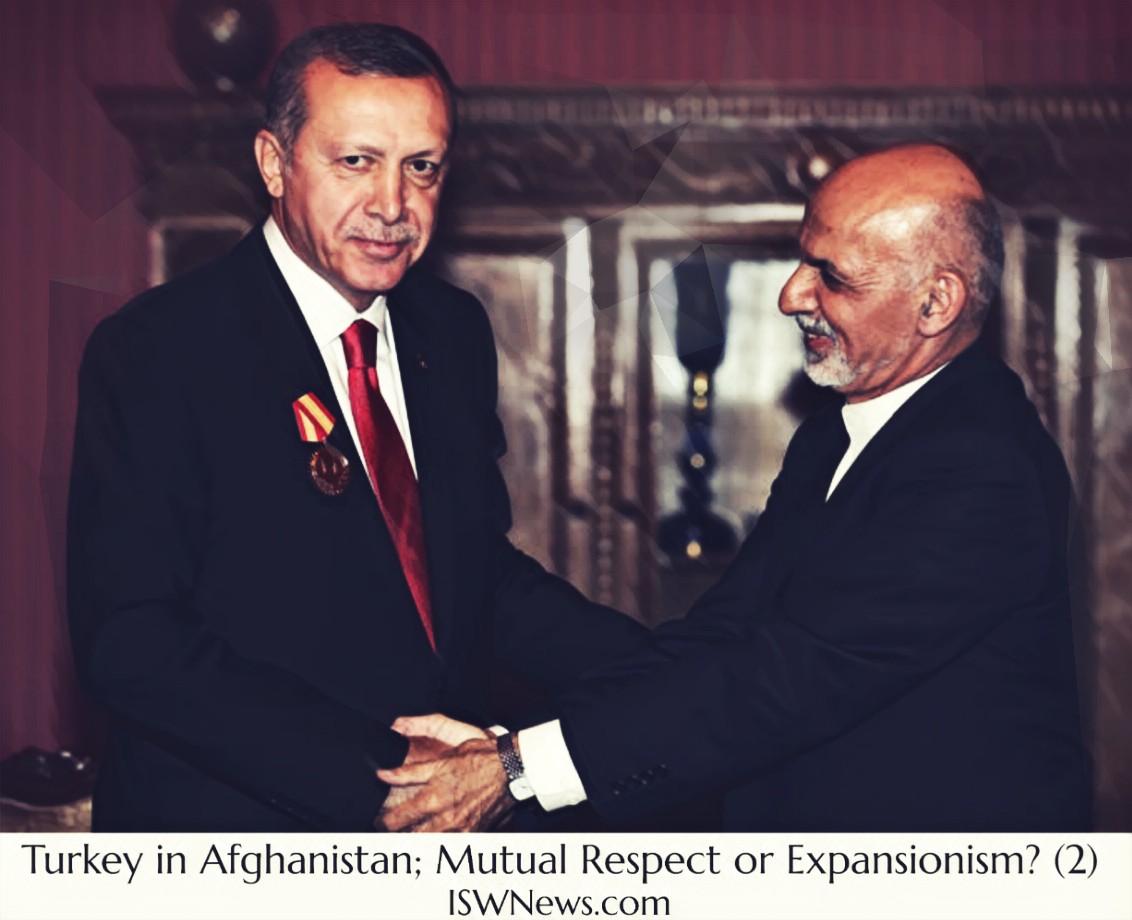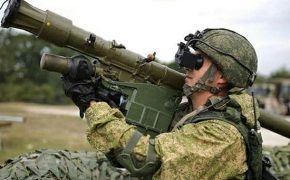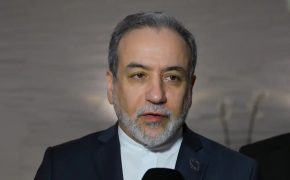Turkey in Afghanistan; Mutual respect or expansionism? (2)


With Turkey’s insistence on military presence at Kabul Airport and the Taliban explicitly opposing the decision, Afghan tensions are entering a new phase of regional conflict.
It was in July this year that Turkish Defense Minister Hulusi Akar confirmed the continued presence of Turkish troops at Kabul Airport, stressing that control of Kabul Airport had been in Turkey’s hands for the past six years.
According to unofficial reports from the US-Turkey agreement, after the completion of the withdrawal of US troops from Afghanistan, control of Kabul Airport will be handed over to the Turkish military, which includes 600 to 1,000 troops, and this issue has been coordinated with Ashraf Ghani’s government.
As mentioned in the previous article, the commonalities of Turkey and Afghanistan can be seen in the following three components: a- Religion (Sunni) b- Race (Turkmen, Uyghur and…) c- Thought (Islamic Party led by Gulbuddin Hekmatyar and The Jamiat-e-Islami party, whose religious thought is close to the Muslim Brotherhood.)
But these components can only answer the background and why Turkey is present in Afghanistan, and the reasons for the military presence can be found in other cases. In summary, these are:
1- Warming relations with the United States:
In recent years, US support for the Kurds in Syria, the dispute over Turkey’s purchase of the Russian S-400 defense system, and the subsequent imposition of US sanctions on Turkey have led to strained relations between the two countries. Now, accepting Joseph Biden’s offer, Erdogan is seeking to open a new page in relations with the United States, which he says will attract US financial, logistical and other support to Turkey.
2- Turkey’s political relations with the leaders of the Northern Afghanistan coalition, including General Dostum, Gulbuddin Hekmatyar and others:
In fact, in this way, Turkey can strengthen its military influence and even establish itself in the northern bases of Afghanistan and export its goods to Afghanistan. This model has already been implemented in Libya, and Turkey, by influencing a number of Libyan politicians and on their behalf, sent invitations to itself and legalized its presence.
3- Turkey’s relations with Pakistan and India:
Following Pakistan-India tensions over Kashmir in 2019, Turkey strengthened its ties with Imran Khan’s government, making it more dependent on Pakistan by investing $ 1 billion and increasing arms exports to Pakistan. Pakistan supports the Taliban, and Turkey’s deployment in Afghanistan will certainly be supported by Pakistan, as it pursues their interests. On the other hand, Turkey’s presence in Afghanistan is confirmed by one of the regional powers, India. India opposes the Taliban and sees their return to power as an increase in Pakistan’s power in the region. India therefore welcomes Turkey’s decision to have a military presence at Kabul Airport and to play a role in facilitating negotiations between the Taliban and other factions.
4- Uyghurs living in Afghanistan:
One of the reasons for the confrontation between Turkey and China in Afghanistan is the presence of Uyghurs in this country.
The Uyghurs are the main source of mercenary groups in Central Asian countries, including Tajikistan and Turkmenistan, which are mainly formed to counter the Taliban threat. Now, given Turkey’s racial affinity with the Uyghurs, the Uyghurs are the best option for building armed groups in Afghanistan. From this perspective, China sees the issue of Afghanistan as a margin of its security and, in addition to other Afghan political currents, seeks to strengthen ties with the Taliban. Of course, Turkey’s reliance on the Uyghurs is formed when their goals are shaped by military confrontation with the Taliban, or when Turkey feels the need for a regional consensus against China and other countries in the region. The transfer of the Uyghur threat from Afghanistan to China is also not possible due to the specific geographical conditions of the region, but their arming could be a problem for China.
In general, the appearance of Turkish policy in Afghanistan is a policy of “mediation”. They have been successful in starting their work and are waiting for the reaction of their opponent, the Taliban and the countries influencing Afghanistan, to take the next steps. Turkey is facing two serious rivals in Afghanistan, China and Iran, and the Taliban’s close relations with the two countries are intensifying the competition.
Turkey’s military presence and expansionist presence in Afghanistan may not seem like a big deal at the moment, but their freedom of action in Afghanistan could lead to a regional confrontation.




Comment